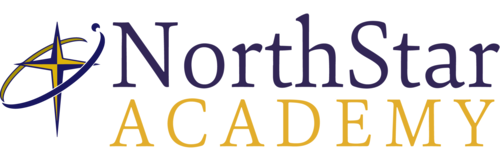Summary of Course Content and Activities
This course explores the complex system of Earth's interacting parts, emphasizing the positive impact understanding these core elements can have on the environment and society. It is structured into four units: Investigating Properties of Matter, Energy Transfer Technologies, From Life to Lifestyle, and Matter and Energy in the Biosphere. In the first unit, students learn the safe handling of chemicals and investigate the properties of various matter, including elements and compounds. The second unit focuses on energy transfer technologies, emphasizing the importance of design for safety, efficiency, and reducing reliance on nonrenewable resources. The third unit delves into life processes at multiple levels, highlighting the importance of a healthy diet and lifestyle. The final unit examines the sun's role in sustaining life, the recycling of matter, and the impact of human activities on biosphere sustainability.
Philosophy statement for teaching this course
The following goals for Canadian science education are addressed through the Alberta science
program. Science education will:
- encourage students at all grade levels to develop a critical sense of wonder and curiosity about scientific and technological endeavours
- enable students to use science and technology to acquire new knowledge and solve problems, so that they may improve the quality of their own lives and the lives of others
- prepare students to critically address science-related societal, economic, ethical and environmental issues
- provide students with a foundation in science that creates opportunities for them to pursue progressively higher levels of study, prepares them for science-related occupations, and engages them in science-related hobbies appropriate to their interests and abilities
- enable students, of varying aptitudes and interests, to develop a knowledge of the wide spectrum of careers related to science, technology and the environment.
Prerequisites
Science 9
Materials and Resources
Provided by NSA
- Science Connect 1 textbook
Various online resources
Purchased by Students
- notebook for pencil and paper assignments.
Forecasted amount of time required to complete each week's lesson
7-8 hours per week
Description of student evaluations, quizzes and tests.
● Assignments 30%
● Unit Projects 30%
● Quizzes and Test 15%
● Class Discussion 10%
● Final Exam 15%
